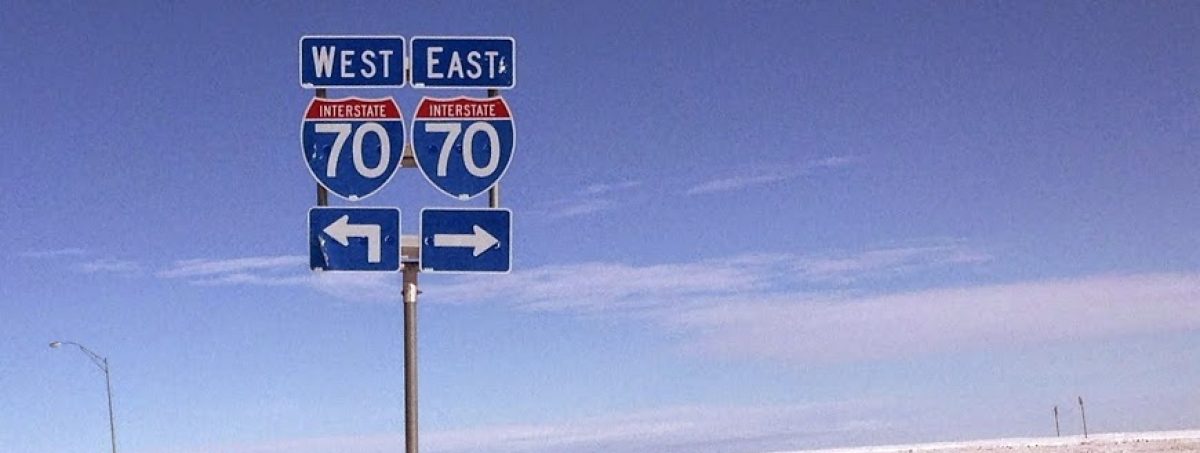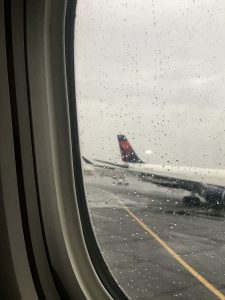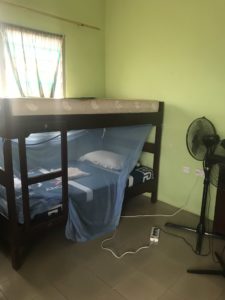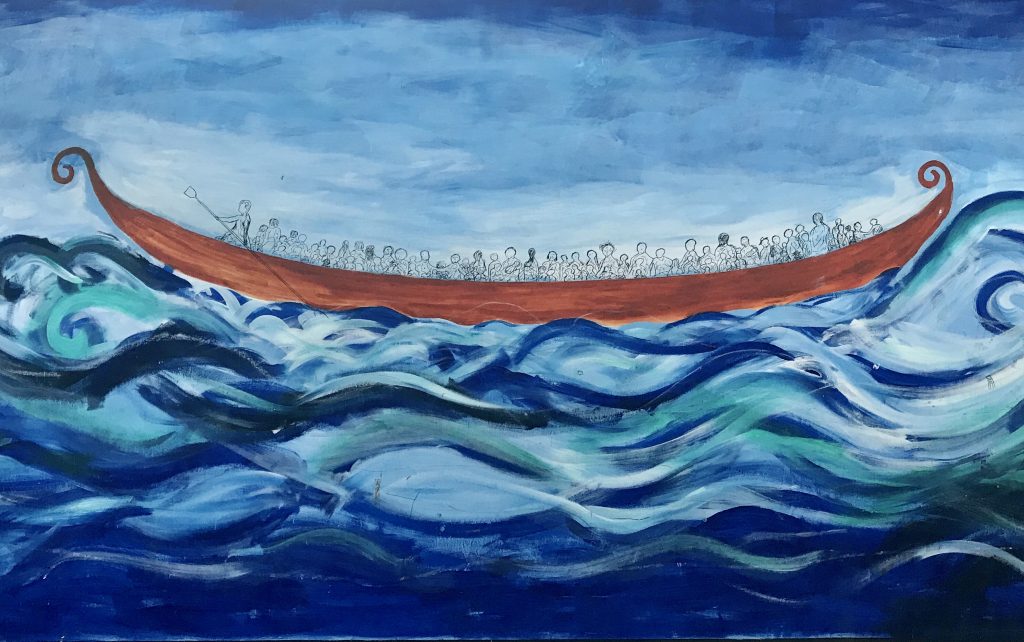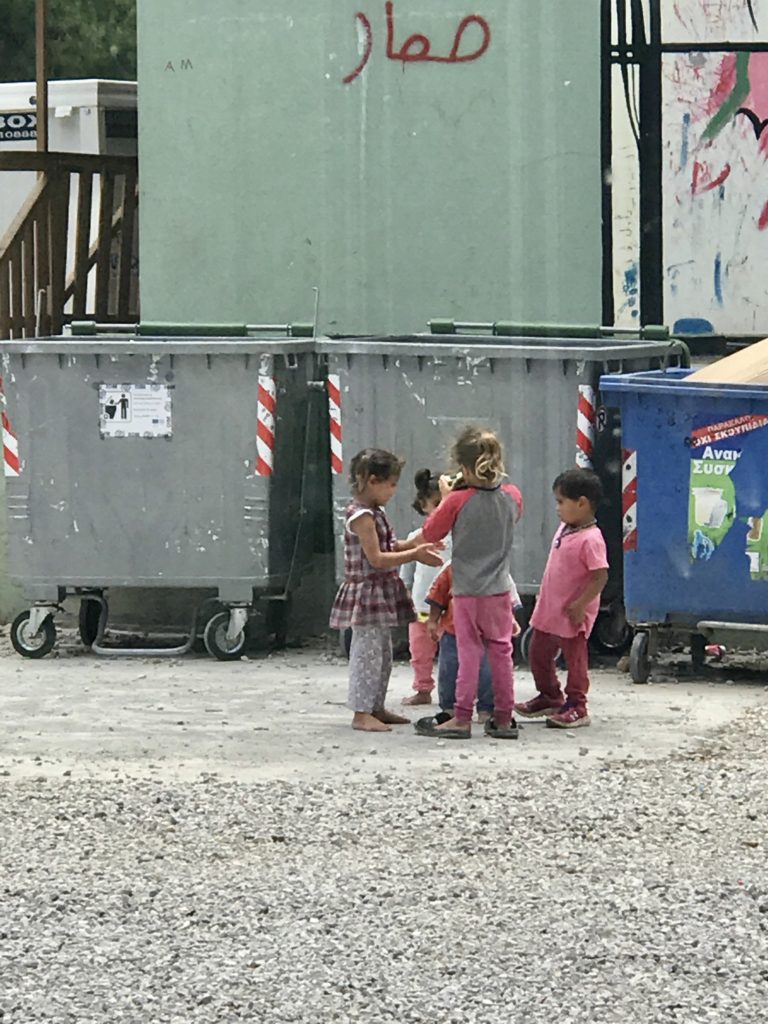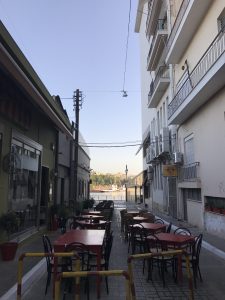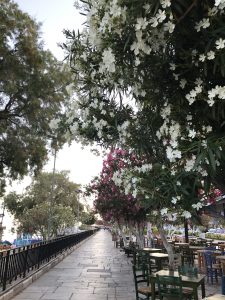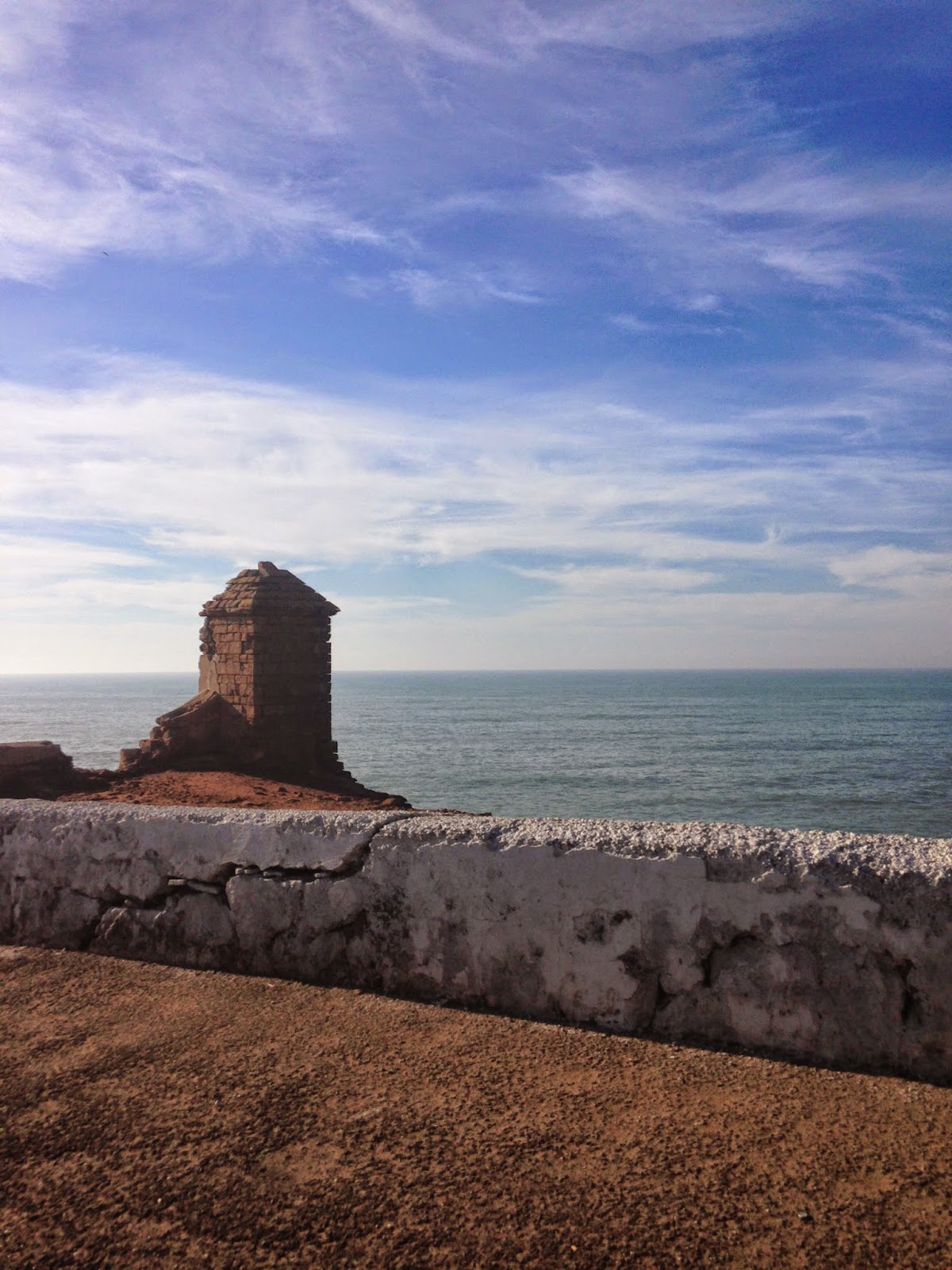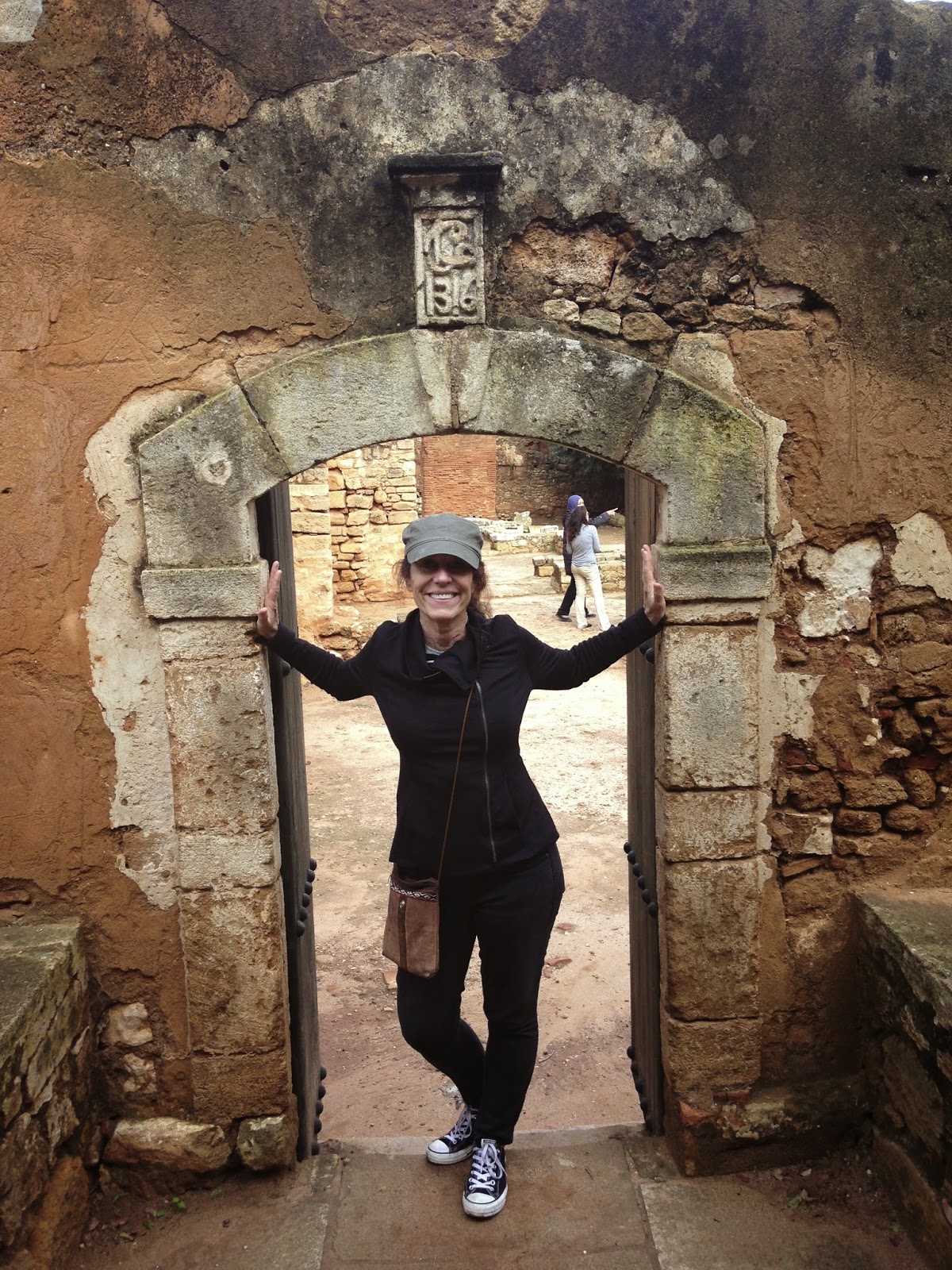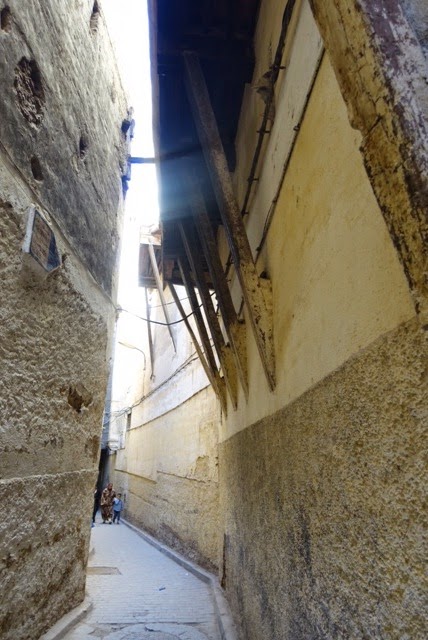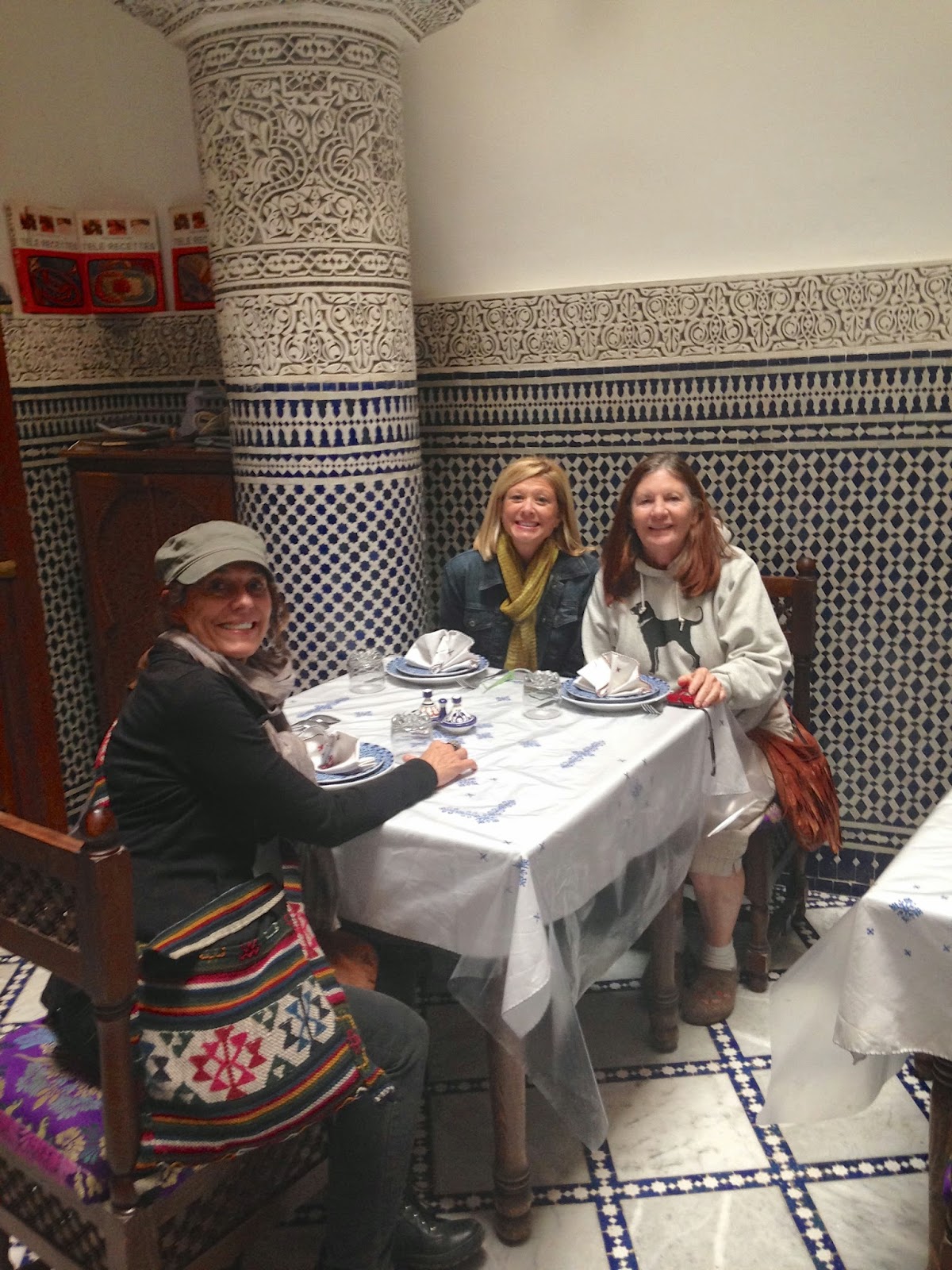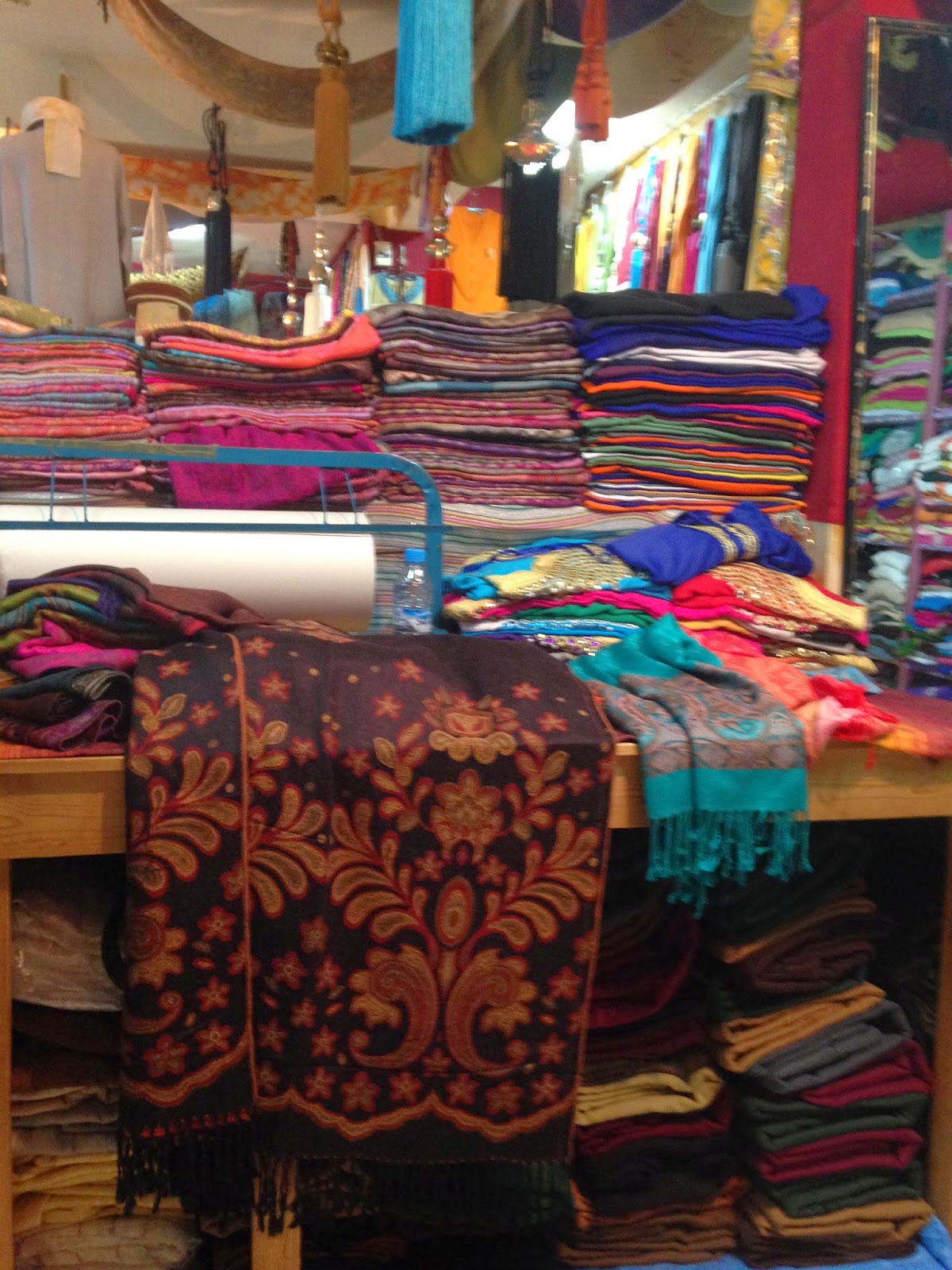
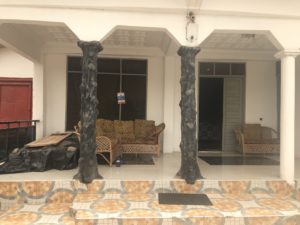
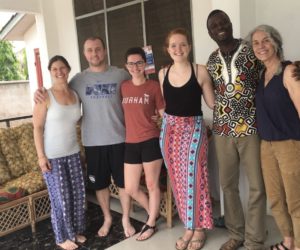
Happy Easter! Although I can’t see any of the celebrations from our house, I started hearing the music when I woke up this morning, around 6:00. It’s always tough the first night in a new place… getting used to the bed, the mosquito netting, the constant whir of the fan, that is about as close to the bed as I could get it, and of course there’s that heat and humidity, which according to the locals is “nothing” as they all have been talking about how nice and pleasant it’s been. If that’s the case, I hope it stays this “nice and pleasant” because hot would really be tough! I slept well and hard and woke up to a mixture of roosters, singing (I’m guessing Easter celebrations) and my fan. I don’t think it will take me long at all so settle into my life here. I dreamt I was at laying on a beach and the waves were rolling in over me while I slept. When I woke up, I realized that my mosquito netting and the fan blowing on it had lent themselves nicely for the ocean wave dreams. Malaria is a serious problem in Ghana, so I’m thankful to have the netting as an extra defense, along with my daily malaria pill.
Our program director, Makafui, came by late morning for an informal orientation for the 3 new volunteers (my roommate has already been here 2 weeks, so all total there are 4 of us and hopefully 5 soon, when Lynette arrives). Given that this is my 4th volunteer trip with this organization and my 2nd time with the vision testing, it was really more about getting to know Makafui, as well as his own personal tidbits regarding this region, for me.
While giving us a rundown on the house, it was mentioned that the electricity goes out often and on cue, at that very moment, of course, we lost electricity. Once the fans have stopped, you realize how much the moving air helps with the heat. It was back on within 15 or 20 minutes.
Makafui went to school in the US, and of all places for someone who is used to the heat, it was in Fargo, ND, so he has a handle of many things American, including slang, that one wouldn’t have unless they had lived in the states. He told us that he was as freaked out by the threat of flu in the US as we are with malaria here, which on a side note is the leading cause of death in Africa. Of course we’re freaked out! He said it’s really nothing and most here have it a few times a year… but that flu! That’s what’s really scary! The deaths happen to those who aren’t able to get treatment, which he said is just a quick trip to the store for the pills. Sorry. I’m still cautiously afraid. He did say that the mosquitoes have gotten very smart and have learned that at night, when you’re sleeping, is the best time for them to perform their “operations”, hence the mosquito netting. Again, any defenses against malaria are well received for me. Oh but that flu! Stay away from that flu!
The right hand/left hand and which one does which came up (thanks, Ado, for the reminder during our flight yesterday) and I learned today that the protocol extends to waving as well. Left-handers are kind of getting screwed on this, with that extra step of moving objects away from your dominant hand and into your “working” hand. (Note to two thirds of my kids if they ever come to Ghana….
A few other interesting things I gleaned from the meeting:
– People from Ghana do not need much personal space, and like to get as close as they can to you when engaged in conversation. Ado, and his lack of respect for the boundary wall of the arm rest on our 10 hour flight yesterday, makes sense to me now.
– Kids are taught never to make eye contact with adults (I’m guessing that their parents would be the exception to this, hopefully, otherwise that “look me in the eye so I can tell if you’re lying” would fail). They see it as a sign of aggression. By the time kids reach adolescence, they unlearn this and handle the eye contact in a similar manner to us.
– The community raises the child and corporal punishment is the norm and it’s totally fine if other parents use it on your ill-behaved kids, but it is an embarrassment to the parents of said bad kid as it reflects on skills as a parent.
– Marriage proposals are common, to the point that we should probably expect them if working around men, and they’re serious about the proposals! Polygamy is legal under civil law, and does happen, although it’s highly discouraged and is against national law – I’m guessing much like the marijuana laws operate in the US.
– And on a similar note, when one finds their “soul mate”, it is said that they have found their missing rib (this being of course from the male’s perspective, not the females, from the story of Adam giving his rib to make Eve.)
Easter services are just now wrapping up. 4 hours, at least, in length, as we had someone who will be working with us in the schools next week come by who had just been to the service. She was all dressed up and had a loosely fit white sweater over her skirt and blouse. Meanwhile, I’m in sleeveless and am using a paper towel to wipe the sweat off of my face. The hot season is over as far as they’re concerned. Time for the sweaters. Easter celebrations are church, no egg hunts, with big family and friends picnics tomorrow, which will put off our volunteering time to a Tuesday start as there is no school tomorrow.
I’m loving the food, which traditionally is eaten with the hands here. I’m happily obliging, although at this point, I look like the one at the table who is sorely lacking in the manners department! Even with the heat, my appetite is good and I’ve been going through the water like crazy, which is bottled and plentiful.
We will have our first Ewe lesson this afternoon. Although English is taught as the first language, I don’t seem to be hearing much of it. Ewe is the language spoken in this part of the Volta Region of Ghana. It’s one of TWENTY languages, not dialects as I had thought, spoken in Ghana. I couldn’t help but be reminded of what one of the young adults asked me when I was teaching English in Morocco:
”What do you call someone who only speaks one language?”
And after a bit of thinking, I thoughtfully answered,
“I don’t know… what?”
”American.”
And there you have it.
And finally, as I mentioned before, it’s hot, or at least that’s how it feels to me, although we are exiting the hot season and entering the rainy season (more on that I’m sure as there’s a whole lot more dirt than grass here) and although not a sweater by nature, I’ve been putting on a nice post-sauna glow since I’ve been here. This may be more information than you want (I said wipe in my last blog, so feel I’ve already opened that door), but I felt that despite the deodorant, I had some strange body odor – a smell that took me back to my boys post sports in middle and high school. With hesitancy, I mentioned it to Cassie, my roommate, who said,
”Oh, sure… it’s common. I’ve talked to a lot of people who have the same thing going on… like a high school boy post sports, right?”
We’re guessing it’s something in the way the food is seasoned. At least I’m not alone.
